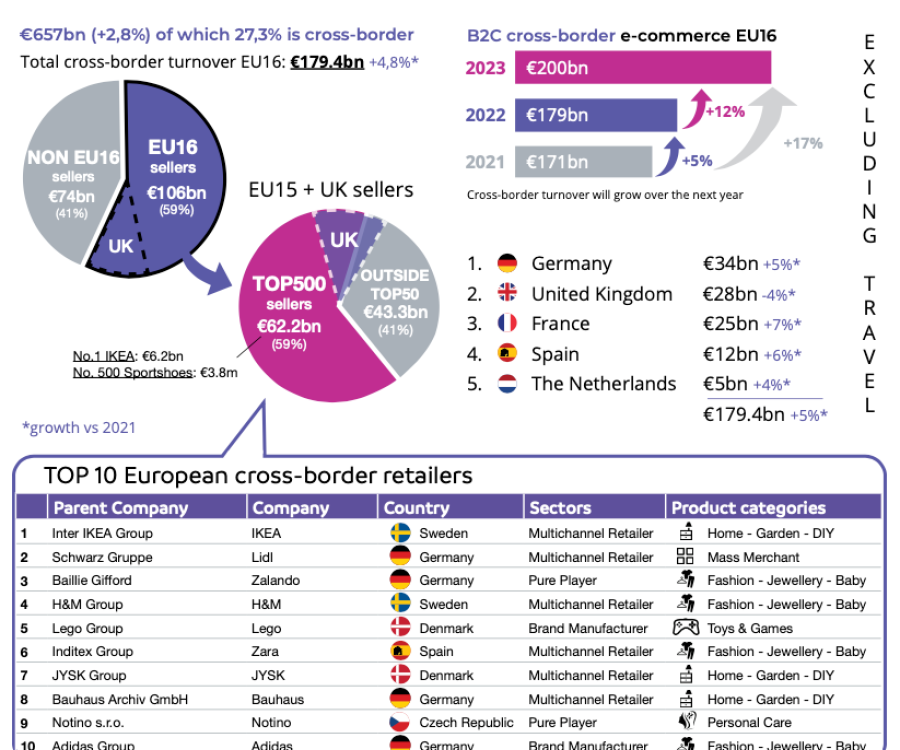Digital technologies make it possible to increase operational efficiency and develop innovative options and concepts. Nevertheless, digital transformation makes many entrepreneurs feel uneasy. That was one of the results of a survey conducted by the Association of German Chambers of Commerce and Industry (German: Deutscher Industrie-und Handelskammertag DIHK).
In November 2017, the Association of German Chambers of Commerce and Industry DIHK conducted a survey of more than 1,800 German companies from various industry sectors titled “The IHK Business Barometer on Digitization“.
After all, the rapid development presents a few challenges such as how to integrate technologies, keep up with changed conditions and customer demands, compete against new competitors, while dealing with a changing security environment. Companies that feel overwhelmed should not be left alone in this situation. Achim Berg, President of Bitkom, Germany’s Federal Association of Information Technology, Telecommunications and New Media promotes optimism: “We need to focus more on the opportunities of digitization in social debate – pertaining to job creation, value creation, and additional tax revenues, which benefit everyone.“

Less than a quarter of retailers think they are well positioned
As part of the DIHK survey, entrepreneurs were asked to rate the state of digitization in their own companies. Across all industry sectors, more than a quarter of companies feel ready for digitization. Among retailers, the percentage of those who rated their companies as “good” (18 percent) or “very good“ (4 percent) marginally decreased compared to the previous year. Meanwhile, the average rating on the scale of “less developed“ to “fully developed“ increased slightly.
“Businesses should not introduce new technologies as an end in themselves, but they are well advised to look at their opportunities and explore chances for their own business model - or for completely new business models.“ (Achim Berg, President of Bitkom e. V.)
The pressure on retailers to digitally update their business is not just related to the possibilities of internal business process optimization; customer expectations are also rising. “Brick-and-mortar retailers have to provide special offers for Internet users to attract or retain customers, respectively. This is where a omnichannel approach makes sense, meaning a clever combination of brick-and-mortar retail, digital services, and online store,“ explains Julia Miosga, a retail expert at Bitkom.
According to the DIHK survey, more and more companies are expecting increased sales thanks to digitization. Forty-four percent of retailers also count on more sales, while only ten percent expect a decrease in revenues. Based on the numbers, the mood of retailers has improved compared to 2016. That being said, they are also concerned that digitization requires more investments.
The political framework must be supportive
When it comes to digitization, companies feel they are in great need of support in several areas and state their expectations for the new German administration. Requests include the speedy development of a nationwide and high-performance Internet infrastructure. What’s more, small enterprises, in particular, are calling for a simplification and acceleration of complicated administrative processes in Germany with eGovernment solutions.
The capability to collect and use (customer) data is a key factor for successful entrepreneurship. It allows retailers to tailor products to the needs of their customers and develop new business models. Yet it’s precisely this point that makes entrepreneurs feel uncertain about legal matters, not least because of the new EU Data Protection Regulation (EU- DSGVO), which takes effect at the end of May. “The DSGVO implementation process is very involved and extensive, while companies are desperately looking for qualified employees at the same time,“ adds Susanne Dehmel, who is in charge of the Law and Security Division at Bitkom.

Companies also demand an increase in digital skills training in all areas of education. That’s also why the new eCommerce merchant apprenticeship training program has addressed the increasing importance of online retailing. “Retailers need innovative new talent to stay innovative,“ says Josef Sanktjohanser, President of HDE.
According to the DIHK survey, ensuring fair competition is an issue that is especially important to retailers. They request that due to globalization and ever-increasing international competition, national laws should be quickly adapted to new situations and compliance by all stakeholders monitored. Equivalent conditions for all market participants as it pertains to competition with new business models and online giants should also be guaranteed.
Politics and the retail sector: Keeping up
The appointment of Dorothee Bär as the German State Minister for Digitization has been well received. Many observers believe that it was long overdue for this important issue to become a focal point in politics. The President of Bitkom Achim Berg says, “it is important to make all of the rights and resources available to the new administrative office to successfully coordinate and expedite the digital policy of the German Government." He adds that this also includes Bär‘s caveat pertaining to proposed legislation with digital reference.
Policy makers have to make sure that small and medium-sized enterprises are not left behind. Having said that, retailers should also be encouraged to tackle their digitization concerns. “Digitization is a growth engine for the retail industry. However, companies unable to make huge investments often feel they fall behind on this positive trend,” says HDE President Sanktjohanser.










